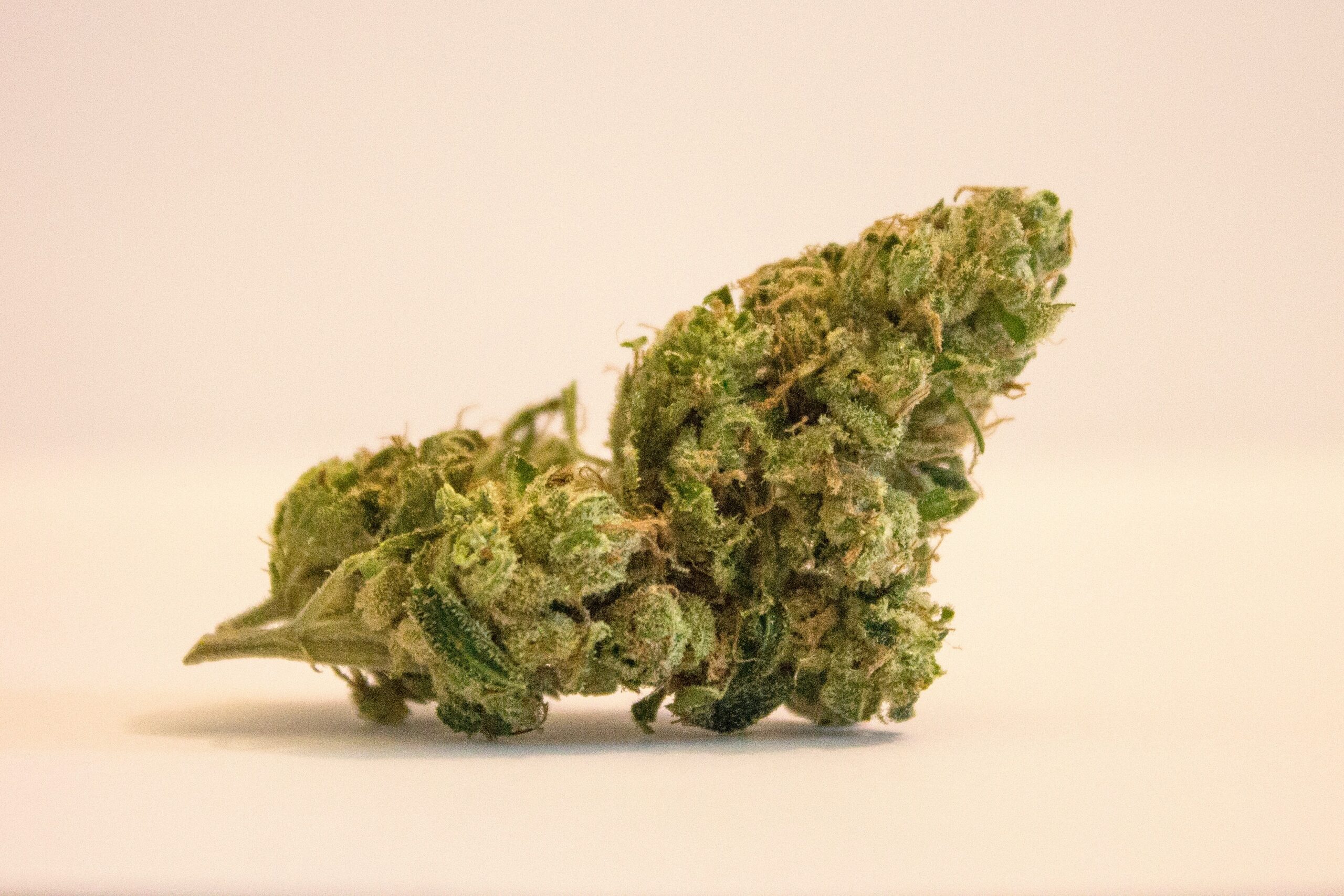Understanding THCA
THCA is a non-intoxicating cannabinoid found in raw marijuana plants. Unlike its counterpart, delta-9-tetrahydrocannabinol (THC), THCA does not produce psychedelic effects when consumed in its natural state. Rather, thca flowers undertakes decarboxylation, a process that occurs when warmth is used, changing it right into THC. This conversion typically occurs through approaches such as cigarette smoking, vaping, or cooking with marijuana.
THCA’s Potential Advantages for Relentless Pain
The study suggests that THCA could supply considerable healing advantages for chronic pain management. While even more research is needed to comprehend its activity systems, first searchings show that THCA has anti-inflammatory, analgesic, and muscle-relaxant homes. These homes make it specifically promising for reducing the symptoms associated with various consistent pain issues, consisting of joint inflammation, neuropathy, fibromyalgia, and many sclerosis.
On top of that, unlike THC, which can produce undesirable psychedelic effects such as drunkenness and impairment, THCA remains non-intoxicating. This makes it a better alternative for individuals looking for pain alleviation without the cognitive and affective modifications associated with THC usage. Additionally, THCA flowers have a collection of various other cannabinoids and terpenes that might be included in their general healing results with the entourage outcome, enhancing their possible advantages for discomfort monitoring.
The Importance of Access to Top-Quality THCA Flowers
As the rate of interest in THCA for persistent pain tracking grows, ensuring the availability costs THCA flowers becomes crucial. Quality control procedures, consisting of ideal cultivation, harvesting, and managing approaches, are important for protecting the honesty and efficiency of THCA-rich marijuana pressures. Moreover, third-party screening for purity and strength can assist consumers in making notified decisions and ensure item security.
In addition, lawful and regulative structures are crucial in managing the manufacturing, circulation, and access to THCA flowers. While cannabis laws vary from one jurisdiction to an additional, policymakers and healthcare experts should engage to establish evidence-based plans that concentrate on customer security, protection, and well-being while allowing for liable accessibility to healing cannabis items.
Health And Benefits of THCA Flowers
Anti-inflammatory Properties: THCA isto be an effective anti-inflammatory agent, which might be handy for individuals experiencing troubles such as joint swelling, numerous sclerosis, and inflammatory bowel disease.
Neuroprotective Results: A research study recommends that THCA exhibits neuroprotective residential properties, potentially using benefits for neurodegenerative conditions like Alzheimer’s illness, Parkinson’s disease, and epilepsy.
Antiemetic Characteristics: THCA has revealed antiemetic impacts, potentially making it useful for managing nausea and throwing up in clients going through chemotherapy or experiencing intestinal issues.
Analgesic Outcomes: THCA may have analgesic properties or business properties, which can aid in reducing pain connected with various troubles, consisting of neuropathic discomfort, migraine headaches, and fibromyalgia.
Antioxidant Task: As an anti-oxidant, THCA could help guard cells from oxidative anxiousness and damage, possibly reducing the danger of consistent diseases such as heart problems and certain cancer cells.
Medical Study and Restorative Prospective
The trip of THCA flowers intersects with clinical research studies that discover their healing potential. Research studies have revealed that THCA has anti-inflammatory, neuroprotective, and antiemetic residential or commercial properties, making it a motivating candidate for dealing with clinical problems such as persistent pain, epilepsy, numerous sclerosis, and nausea connected with chemotherapy. However, extra medical tests are called to verify these searchings and establish maximum dose routines.
Understanding THCA and Its Non-Psychoactive Nature
THCA is a cannabinoid forerunner that becomes THC with a process called decarboxylation, usually triggered by warm. This conversion occurs when cannabis is smoked, vaporized, or prepared. Nevertheless, when cannabis is absorbed raw or in its real-time kind, such as in juicing, THCA stays non-intoxicating, making it possible for individuals to experience its feasible wellness and wellness benefits without the psychedelic impacts often associated with THC.
Looking into the Anti-inflammatory Characteristics of THCA Flowers
Amongst the most noteworthy facets of THCA is its possible as an anti-inflammatory representative. Inflammation is a natural action of the immune system to injury or infection. However, chronic swelling is connected with various wellness troubles, consisting of joint swelling, autoimmune ailment, and neurodegenerative problems. The research recommends that cannabinoids, consisting of THCA, may provide corrective effects in managing swelling.
The Insider’s Viewpoint
To open the healing secrets of THCA flowers, one has to look into the elaborate world of marijuana growing and consumption. Growers and fanatics play an essential feature in taking a look at the complete possibility of this cannabinoid. Below’s a professional’s point of view on just how THCA flowers are expanded and utilized for recovery objectives:
Critical Reproduction: Farmers precisely reproduce marijuana anxiety with high levels of THCA to boost its clinical, residential properties. Through careful reproduction approaches, they plan to create pressures that supply ideal healing advantages.
Gathering and Handling: Event marijuana at the correct time is necessary to maintain the THCA material. When gathered, the flowers are refined to keep their raw kind, guaranteeing that the THCA stays intact until consumption.
Consumption Strategies: There are different approaches to eating THCA flowers, each offering unique benefits. Some prefer raw juicing or blending approaches to consume marijuana without decarboxylating THCA. Others may select low-temperature strategies like evaporation to experience its healing results without setting off THC.
Person Experience: Individuals looking into THCA for clinical purposes typically keep thorough journals to track its impacts on their indicators. This firsthand action helps them understand how THCA engages with the body and its prospective applications in treatment.
The Future of THCA Research Study
As the lawful and scientific landscape surrounding cannabis continues to evolve, so does our understanding of THCA and its recovery possibility. Continual study intends to disclose the systems behind THCA’s healing results and explore its effectiveness in treating different clinical issues.
Professional tests are underway to evaluate THCA’s influence on problems such as epilepsy, chronic pain, and psychological issues. These investigations hold a warranty for integrating THCA right into mainstream medicine and increasing therapy choices for clients worldwide.
Final Thoughts
Opening up the recovery keys of THCA flowers needs a multidisciplinary technique, including scientific questions, cultivation expertise, and private comments. As we continue to decode the healing capability of cannabinoids, THCA stands apart as an attractive ally in the search for all-natural recovery. From its anti-inflammatory buildings to its neuroprotective results, THCA takes a peek right into the untapped ability of marijuana as a medical all-natural herb. With more research and expedition, we may discover many more of its recovery techniques, providing hope and relief to numerous people looking for option treatments for their problems.

